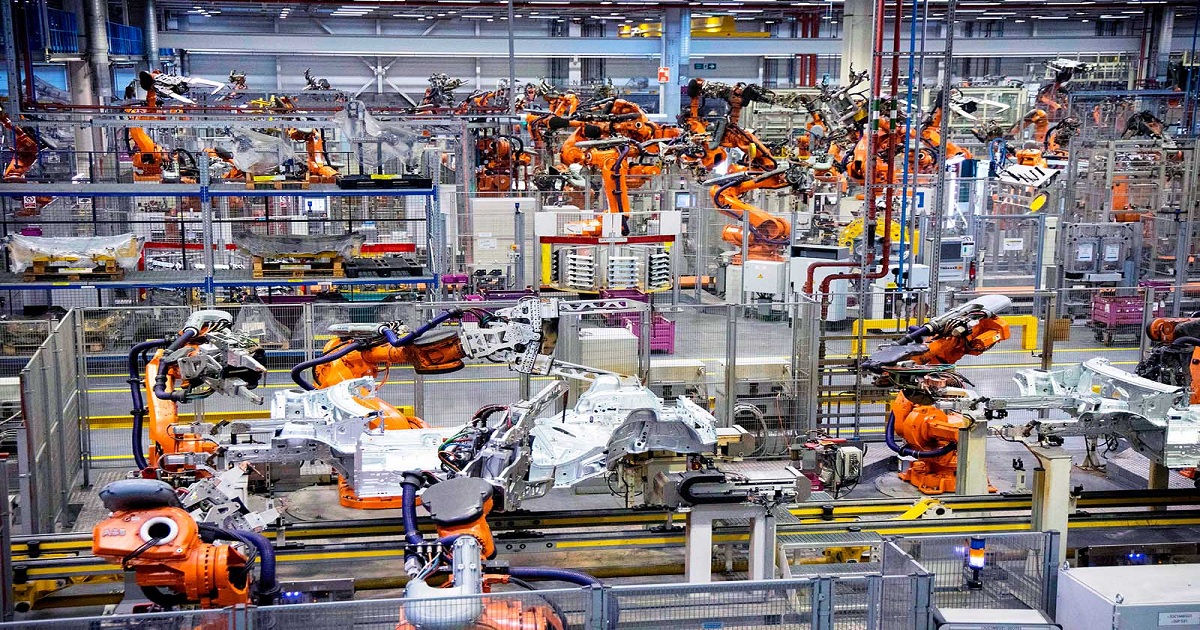Coronavirus Is Changing Global Supply Chains in Unexpected Ways

Until now, business models for Industry 4.0, based around automation, autonomous systems and artificial intelligence, have been largely theoretical. The technology has been there without the determination to take on the social and economic shocks involved with implementation. However, one of the lasting impacts of the COVID-19 crisis is likely to be an acceleration toward the automation of systems and near-shoring. We may see shorter, simpler supply chains with new levels of resilience built in — as well as the all-important new levels of flex and adaptability in strategy and management. The pandemic has put the actual nature of global supply chains, integral to the vast majority of businesses, into sharp relief. Free and open movement of goods and services is a fine principle — but loaded with risk, and that risk is accentuated at every stage when there is reliance on people. Initial disruption to businesses from COVID-19 came in China (and then Italy), affecting the infrastructure and networks of supply chains internationally. Roadblocks and factory closures in a single region led to empty shipping containers stacking up in Chinese ports and shortages of containers in other parts of the globe.